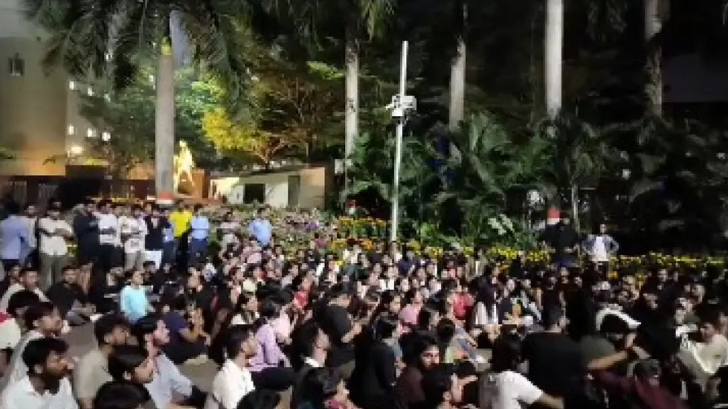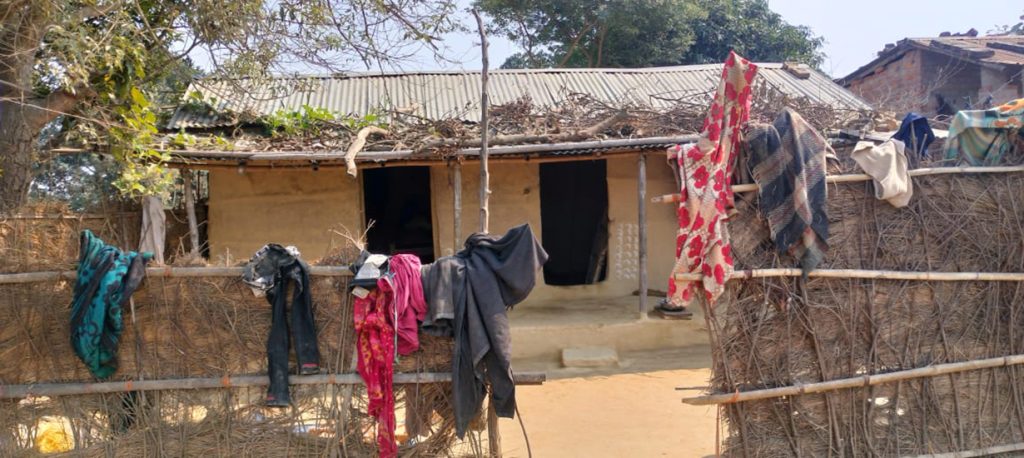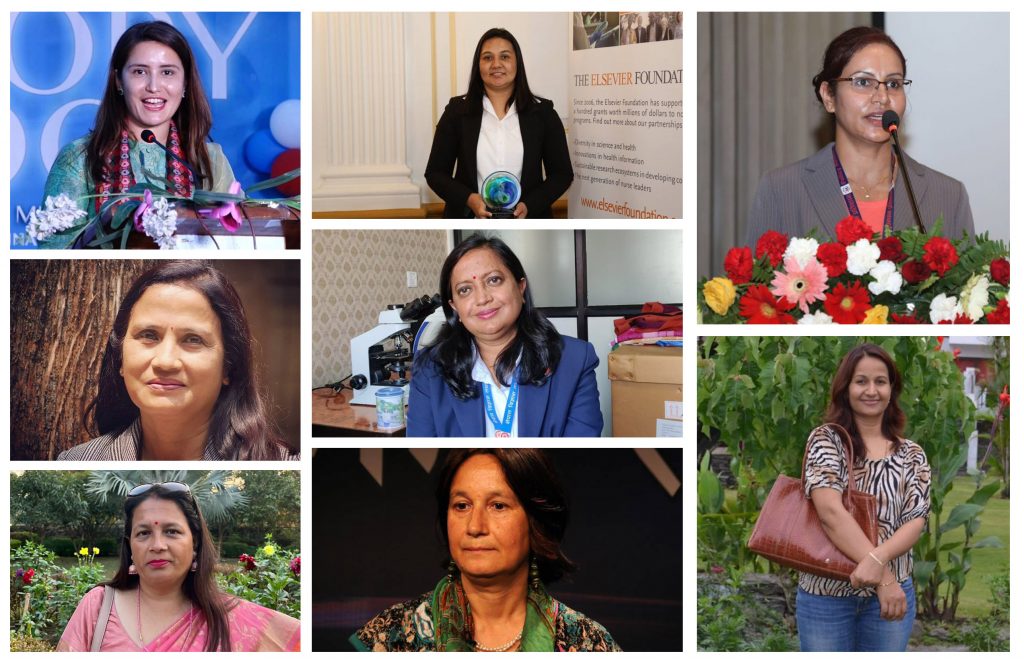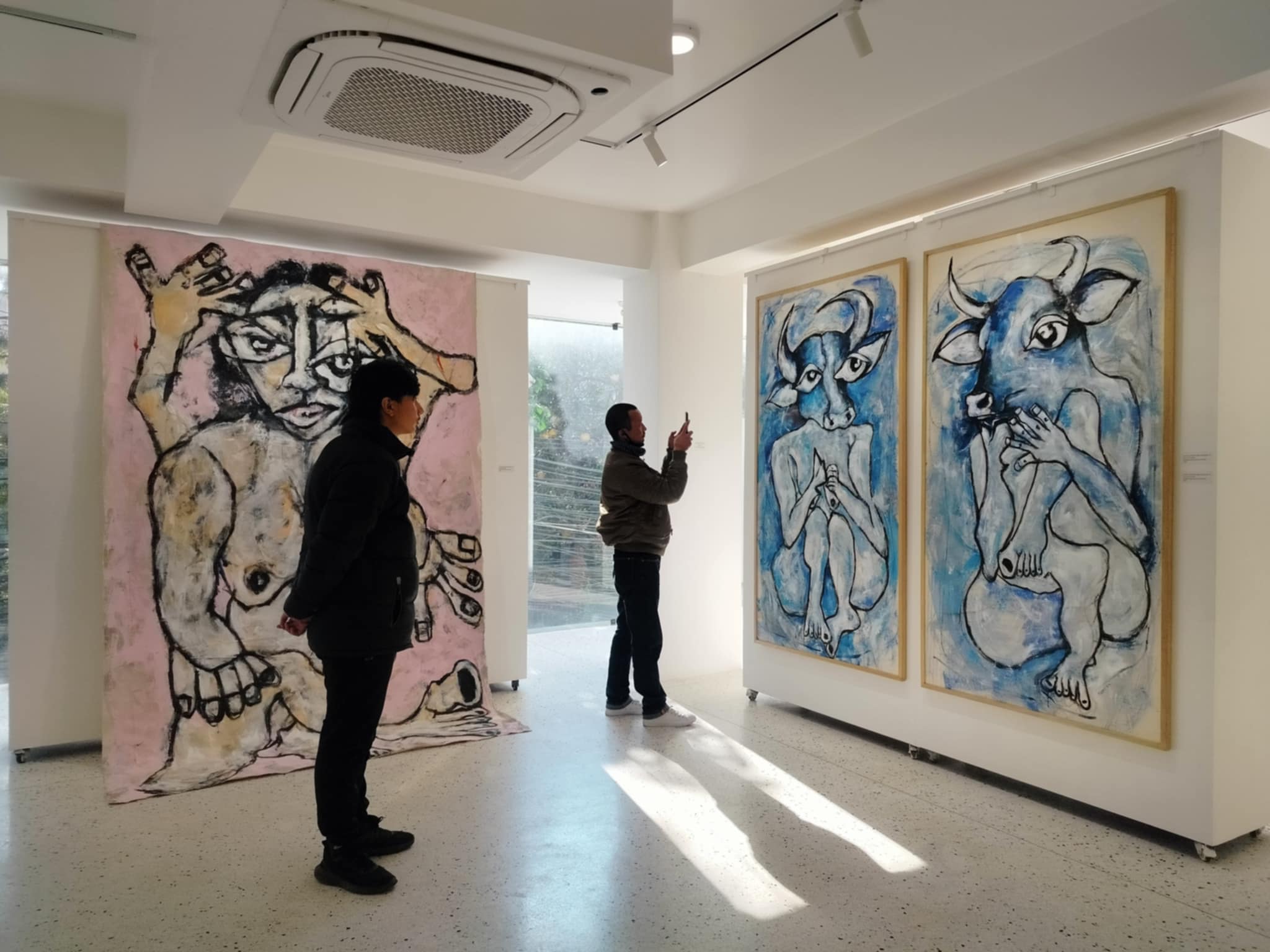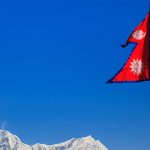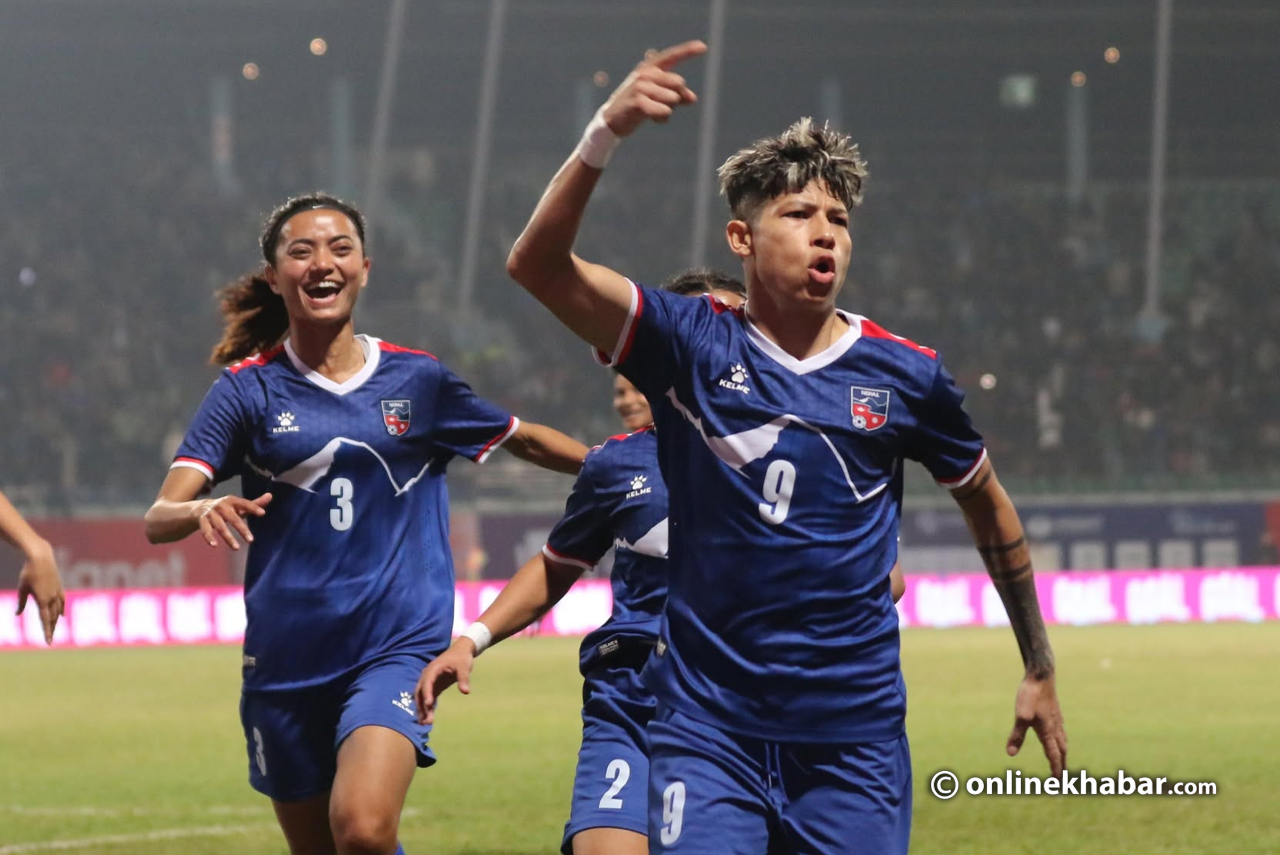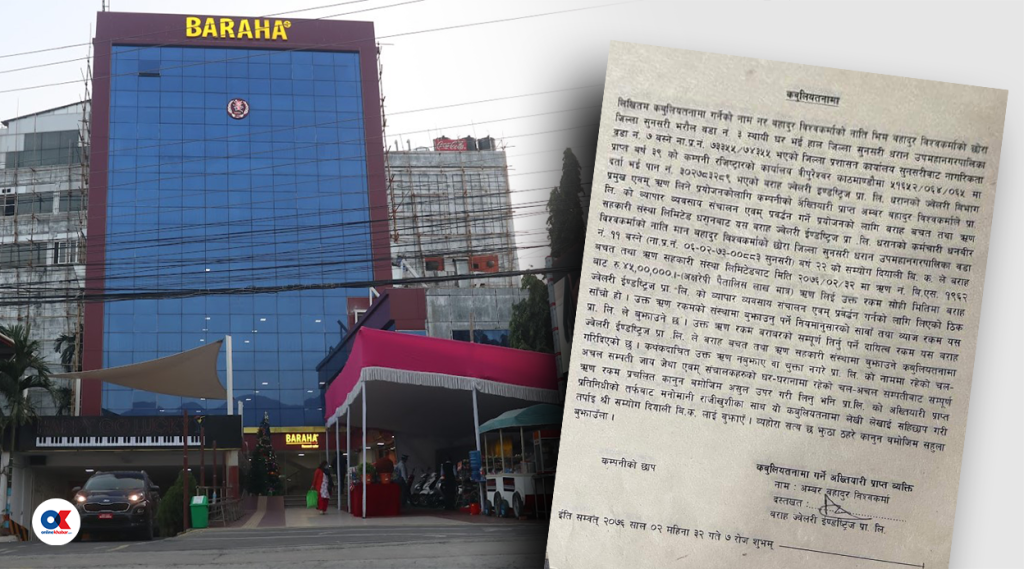
Kathmandu, January 17
On September 10, 2024, the House of Representatives passed the Public Service Broadcasting (PSB) Bill in Nepal. It received presidential approval on October 8, 2024, and came into effect on November 8. The bill was passed with a provision to merge state-owned media, Radio Nepal and Nepal Television.
Since then, various discourses on PSB have taken place, specifically among media practitioners, scholars, and educators. Advocacy for Public Service Broadcasting (PSB) has been ongoing in Nepal for the last two decades. Thanks to the relentless efforts of media practitioners, activists, and other like-minded individuals, PSB legislation has finally been passed in Nepal.
After the passing of the PSB Bill, like-minded people are discussing the various aspects of PSB including its challenges, opportunities and other different sides. In that regard, the Central Department of Journalism and Mass Communication, Tribhuvan University, with the support of UNESCO, hosted a discussion on the PSB entitled Public Service Broadcasting in Nepal: A Policy Dialogue, on Friday at the CDJMC, Kathmandu. The event witnessed active participation from media practitioners, scholars, and activists. Nepal’s Minister of Communication and Information Technology, Prithvi Subba Gurung, chaired the gathering.
Media expert and activist Tara Nath Dahal, Assistant Professor at Tribhuvan University Ghama Raj Luitel, and senior journalist Raghu Mainali delivered presentations on various aspects of Public Service Broadcasting.
Democracy, development and diversity

Assistant Professor Ghama Raj Luitel specifically focused on the practices of the PSB model in different countries, including the UK, Australia, France, the USA, South Africa, Japan, India, and Nepal, highlighting the diversity and significance of PSB systems globally.
Activist Tara Nath Dahal’s presentation delved into the evolution of the Public Service Broadcasting (PSB) concept in Nepal, outlining its challenges and opportunities.
Dahal highlighted key challenges facing PSB in Nepal, including ensuring editorial freedom, securing guaranteed financial independence, and addressing the rights of local, provincial, and federal governments, among others.
Speaking at the event, Dahal emphasized the importance of PSB aligning with the “3 D” principles—democracy, development, and diversity. He stressed that these core pillars should guide the PSB’s approach to serving the public interest and fostering inclusivity in Nepal’s diverse socio-political landscape.
More challenges, more opportunities

Akin to Dahal, senior journalist Raghu Mainali also shed light on the challenges and opportunities surrounding Public Service Broadcasting (PSB) in Nepal.
“With the advancement of technology, there has been a rise in misinformation, disinformation, and hate speech,” said Mainali. “The PSB should have the capacity to tackle all these issues effectively.” He further emphasized that only by addressing these challenges can PSB achieve professional integrity and credibility.
Additionally, Mainali urged Minister Prithivi Subba Gurung to allocate at least 0.5 per cent of the total national budget to support and strengthen the PSB, ensuring its sustainable operation and effective public service delivery.
Nirjana Sharma, Head of Communication and Information at UNESCO Nepal, also focused on the sustainability as one of the major challenges of PSB in Nepal.
“UNESCO is ready to collaborate to overcome any kind of challenges related to PSB,” said Sharma. She also discussed the opportunities PSB brings to Nepal, emphasizing that PSB holds significant potential for promoting inclusivity and diversity in the media landscape.
Sharma’s remarks underscored the role of Public Service Broadcasting in providing a platform for marginalized voices and ensuring that diverse perspectives are represented in the national discourse.
Dean of the Humanities and Social Sciences Department at Tribhuvan University, Dubi Nanda Dhakal, was also present at the event. Speaking at the event, he remarked, “This dialogue would be more relevant if its findings would be integrated into the curriculum of the master’s and MPhil levels.”
More to do

As the PSB Bill has just been passed in Nepal, and as its full staffing and appointments have yet to be finalised, Minister Prithvi Subba Gurung, speaking at the event, acknowledged that there is still much work to be done regarding Public Service Broadcasting.
“PSB cannot be independent if it runs under government funding,” he stated. “I have been working with the concerned authorities of PSB to find ways to make it independent,” said Gurung.
He also highlighted that the provisions of PSB would be revised in accordance with the times, emphasizing the need for PSB to evolve in line with democratic values. “PSB and democracy should go together,” he said.
Kundan Aryal, Head at the Department of Journalism and Mass Communication said that we all have been struggling with the ideal concept of PSB.
“Since the minister have said that the provision on PSB will be revised in according to the time, I am hopeful that PSB will get its ideal form,” said Aryal.








